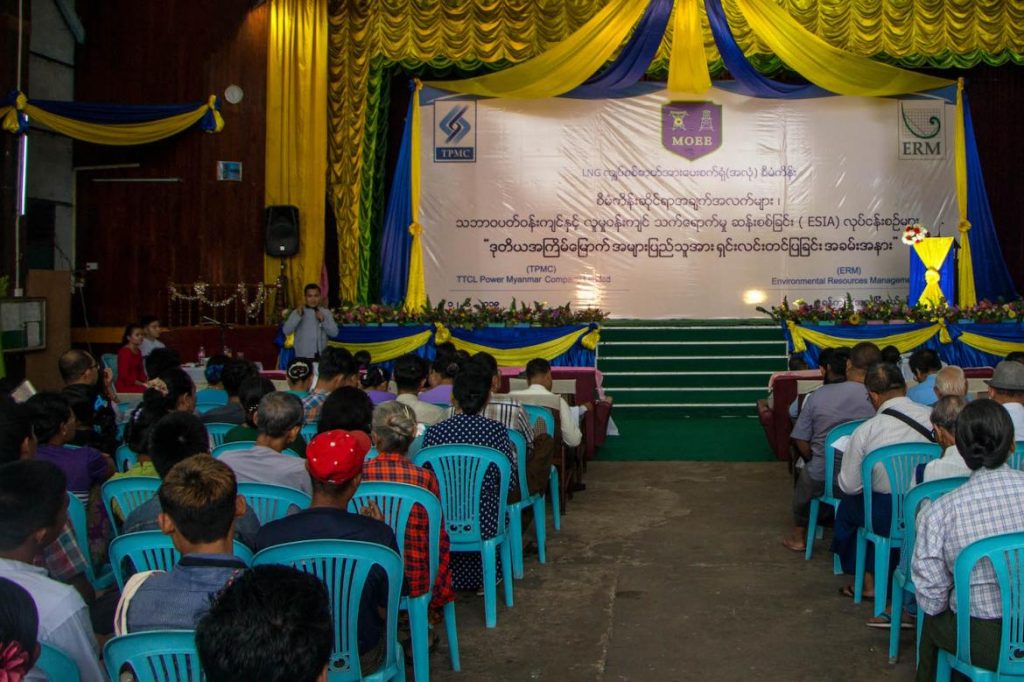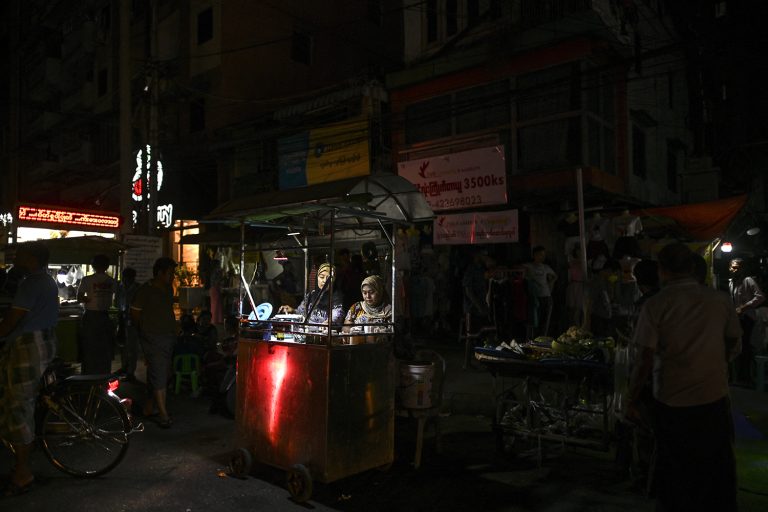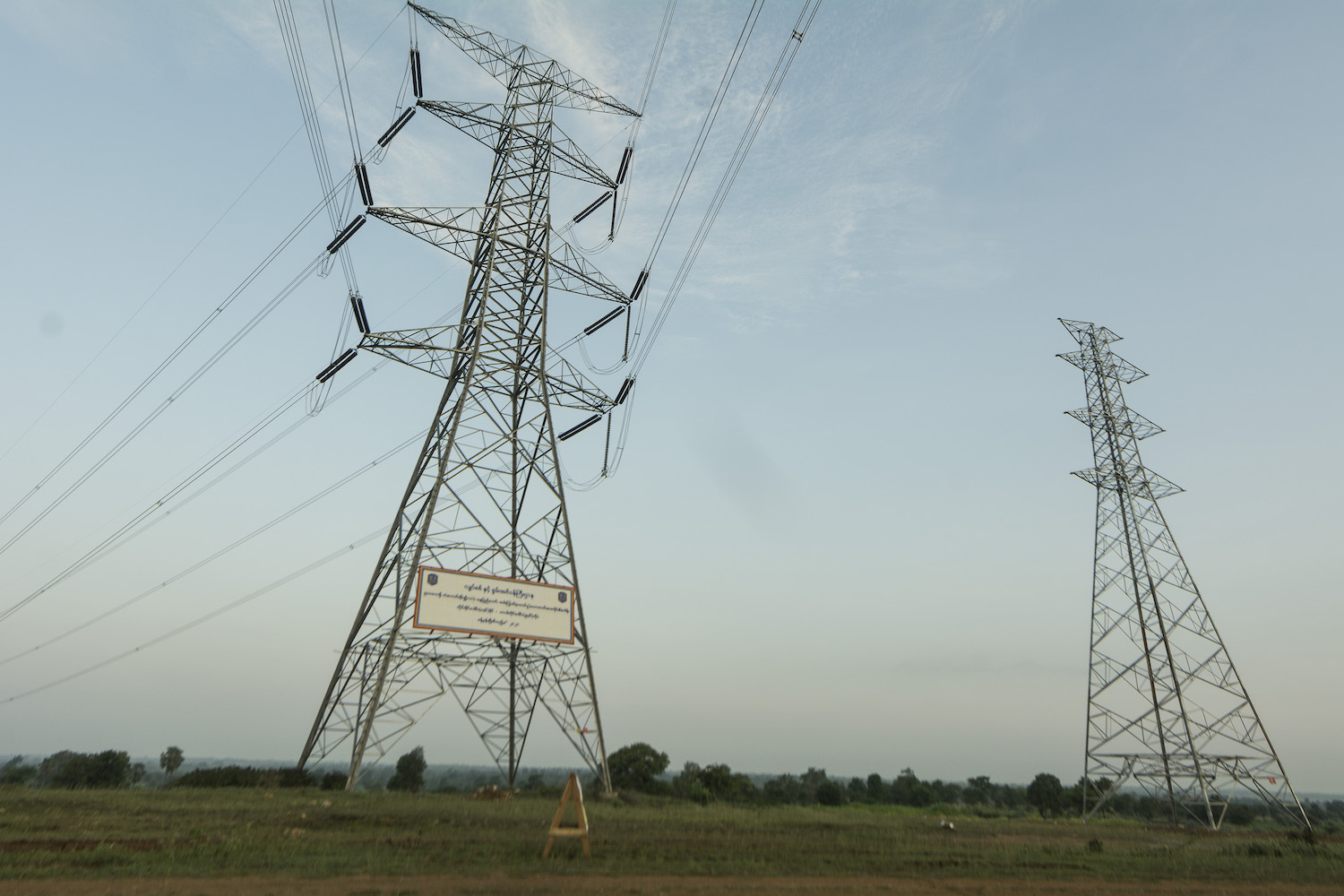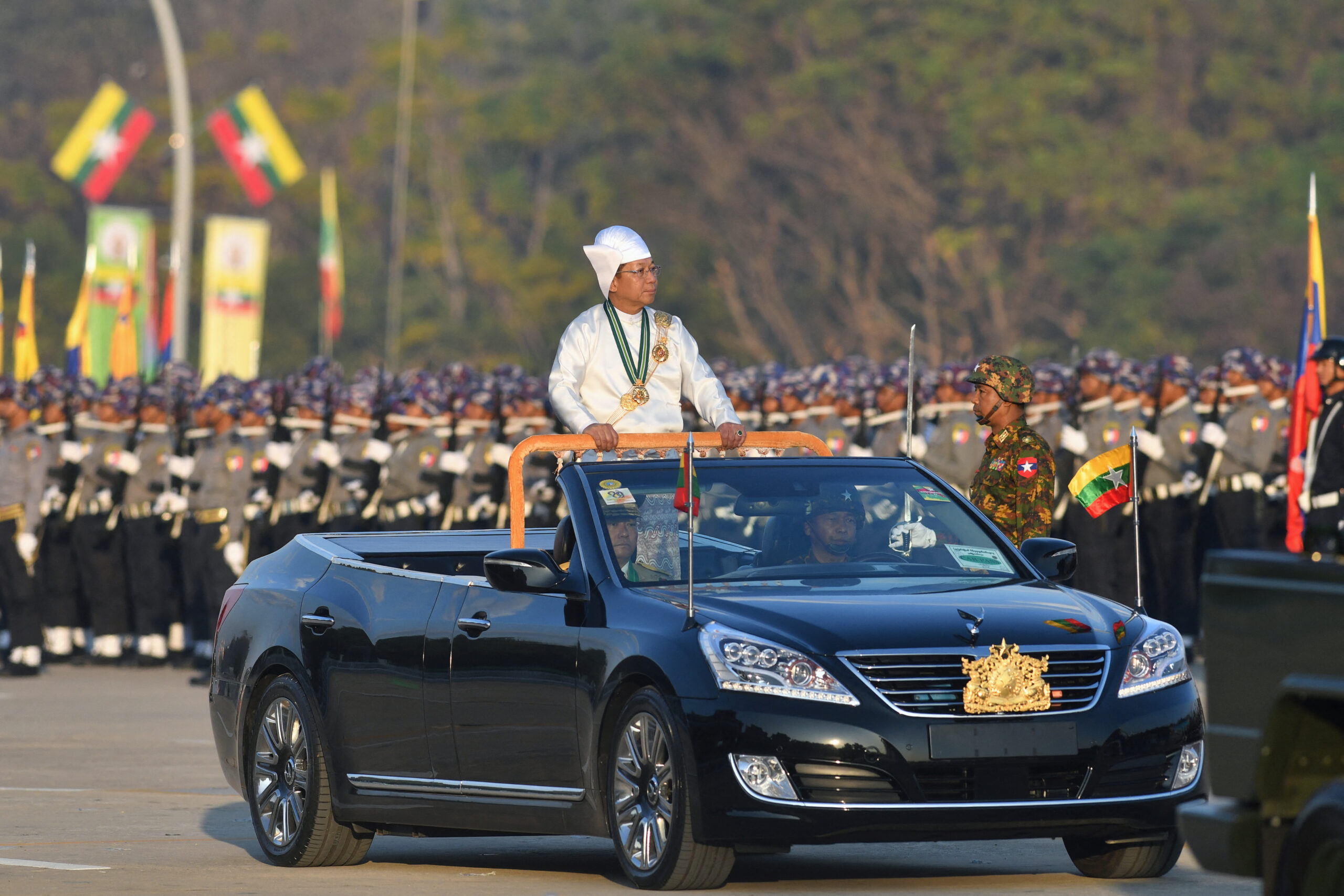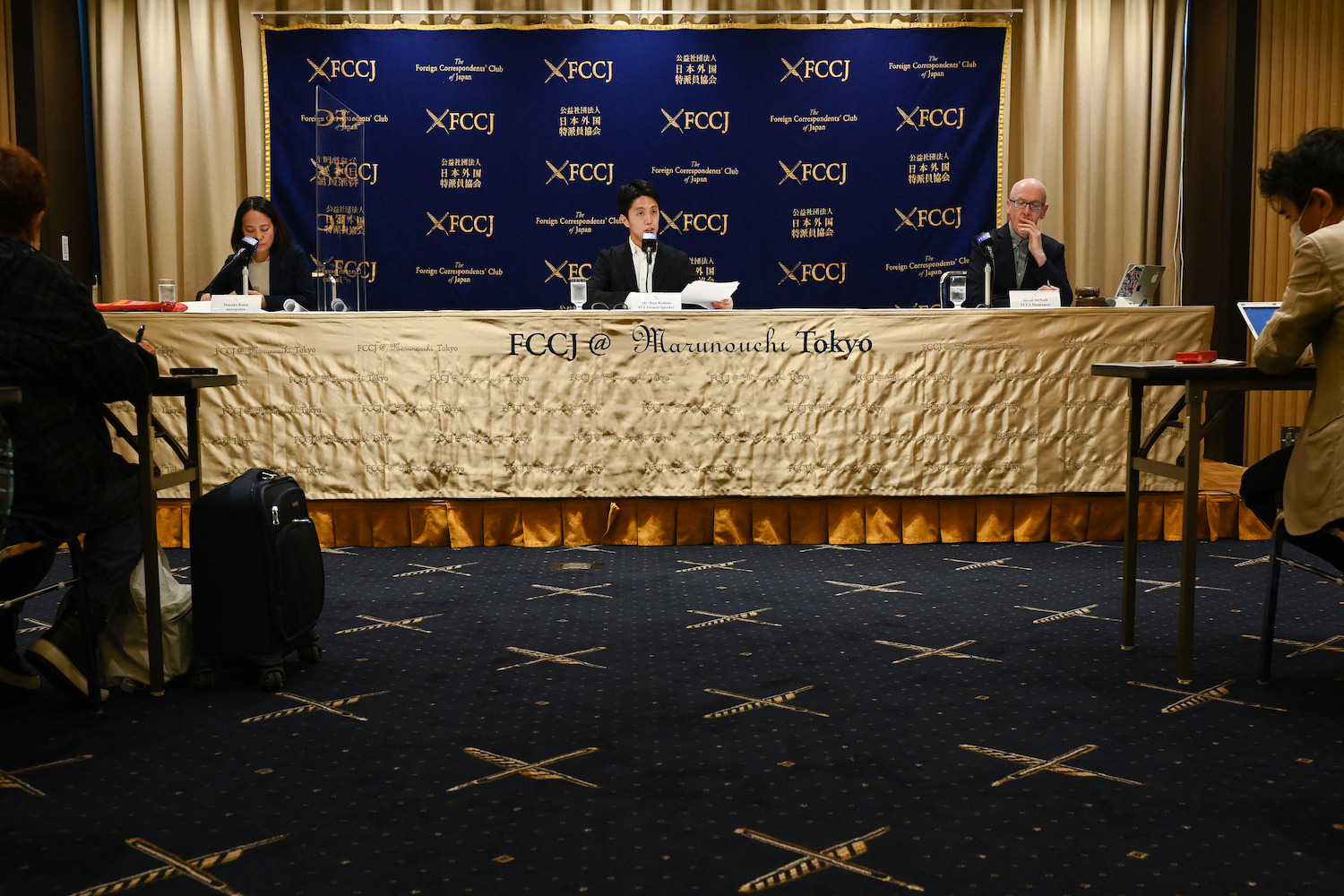By KYAW YE LYNN | FRONTIER
YANGON — Thai-listed firm TTCL says it is making progress on power purchase agreement negotiations with the government for its liquefied natural gas power project in Yangon and expects a deal to be reached by the end of the year.
TTCL Myanmar Power Co Ltd general manager U Htet Aung Mon told Frontier on June 12 that the cost of the project had also risen significantly because of Myanmar Port Authority objections to the original plan.
TTCL initially advised shareholders the project would cost around US$350 million, but recently disclosed it had risen to between $620 million and $640 million.
Under its initial proposal, TMPC planned to deploy a floating storage and regasification unit on the Yangon River near its existing Ahlone power plant, and build 22 kilometres of transmission lines and 16km of gas pipelines. The plant would have been 356 megawatts.
Support more independent journalism like this. Sign up to be a Frontier member.
However, it was forced to come up with an alternative because of objections from the MPA, Htet Aung Mon said.
“Instead of the FSRU, we will build an LNG terminal in Dala Township and a 24km-long underground gas pipeline,” he said.
The pipeline from the terminal to the Ahlone plant will pass under the Twante Canal and Seikgyikanaungto port before crossing the Yangon River. The project also includes a 28km, 230kV transmission line to Hlaing Tharyar. The plant has also been expanded to 388MW.
“The cost would be higher than the original plan,” he said.
Delayed PPA
Under the terms of the Notice to Proceed it received from the government, the project was due to come online by the end of May 2020. TTCL told shareholders at the time of the signing that it expected to sign a PPA by the middle of 2018.
Htet Aung Mon said the company, in common with others awarded notices to proceed for LNG-to-power projects in January 2018, had faced challenges negotiating the PPA with the Ministry of Electricity and Energy.
“However, we see some progress in the PPA negotiations; the government seems to agree with payment in both US dollars and kyats,” he said.
“We are hoping to conclude the PPA negotiations this year, then we could implement the project at full speed.”
TMPC is a 100 percent owned subsidiary of TTCL that has been established to develop the LNG plant. A separate TTCL subsidiary, Toyo Thai Myanmar Power Co Ltd, operates the company’s existing 121MW gas-fired power plant in Ahlone. TTCL recently sold 57 percent of Toyo Thai Myanmar Power Co Ltd to two Japanese firms for $85 million to raise funds for the LNG project. The company has said it plans to raise additional cash for the project by spinning off its electricity assets into a new listed company in which TTCL would hold at least a 60pc stake.
Htet Aung Mon declined to discuss how the project might be financed if the government stood by its refusal to give sovereign guarantees for any of the three LNG-to-power projects that received notices to proceed in January 2018.
“I have no knowledge on it as it is handled directly by the TTCL in Bangkok,” he said.
U Han Zaw, deputy director general of the Department of Electric Power Planning, told Frontier in May that the government was reluctant to give sovereign guarantees and “was standing firmly” on being paid in kyat.
Public consultations
Htet Aung Mon was speaking after a public consultation meeting at Ahlone Township Hall, one of several being held as part of the Environmental and Social Impact Assessment for the project.
He said the ESIA is nearly complete and would be submitted to the government next month.
“This is the second round of consultations with residents as the ESIA will be finished in weeks,” he said after the June 12 event, at which the audience was mainly interested in knowing if supply would be stable and power prices would increase when the plant begins generating electricity.
Further consultations were scheduled for June 13 in Dala Township and June 14 in Thanlyin Township.
In response to the question about pricing, Htet Aung Mon told the meeting that electricity generated by the plant would not be sold to residents directly. The electricity would be sold to the Ministry of Electricity and Energy, which was responsible for transmission and distribution, he said, adding that negotiations were underway with the ministry on a power purchase agreement.
“Once we reach agreement [for the PPA], the electricity will be sold to the ministry, which supplies power [to Yangon] through the YESC,” he said, referring to Yangon Electricity Supply Cooperation.


